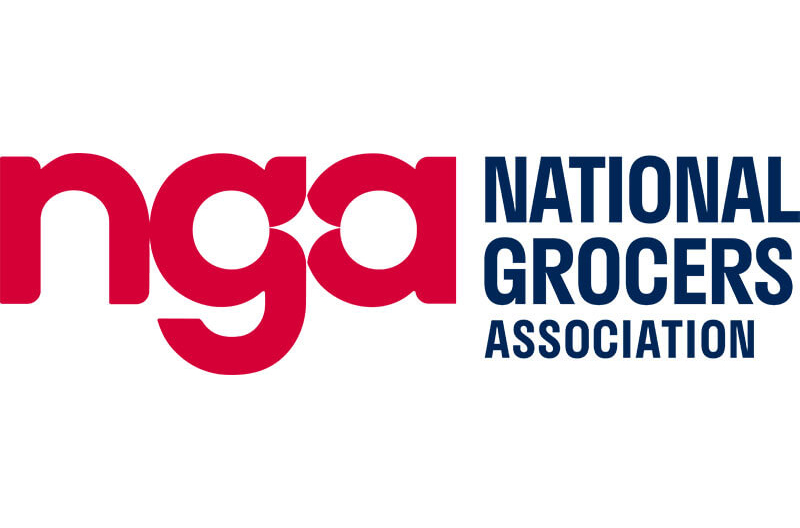by Jim Dudlicek / NGA Director, Communications and External Affairs
Getting product assortment right is not an easy task, yet it is absolutely critical to retail success.
Unlike inventory management and pricing, where there may be considerable data and analytical tools to guide decision making, assortment optimization requires a balance of art with science, especially for new-to-market items that have no historical data.
To help grocers strike that balance in category management, NGA hosted a recent webinar, “The Science of Selection,” the first of three webinars in the latest Independent Grocery Strategy Series presented by the Hamacher Resource Group.
Speakers included Dave Wendland, VP of strategic relations at HRG, and Kyle Lentz, HRG category analyst.
Here are some key takeaways from the discussion:
The 3 sides of assortment planning. It actually goes beyond art and science. Planning your assortment effectively requires you to be scientific, by leveraging data; artistic, to reflect your store’s vision and make it easy to shop; and personal, by reflecting the demographics of your community. “You increase your empathy level and you have customers for life,” Lentz said.
Keeping up with the times. Lentz called out three significant changes in the evolution of assortment planning: the way we receive data, such as via syndicated sources; the importance of private label, from bare-bones “generics” to aesthetically advanced “own brands” that make a statement for your store; and the technology of category management, such as software solutions. “We can analyze each department, how many facings we should have to meet category needs, create planograms and shelf labels,” he noted. Wendland added, “The importance of getting assortment right is sometimes taken for granted. … The shoppers’ wants and needs need to be aligned with new retail strategies.”
Criteria that retailers must consider: Category goals, customer satisfaction, shopper data, supply chain, private label and community demographics.
The pandemic taught retailers new lessons in dealing with shortages. The pandemic was the greatest challenge to supply in recent history. Look at your local supply chain, make sure basics are covered (milk, toilet paper, staples), have a secondary supplier, limit quantities, be open and forthright with customers, offer alternatives. Authenticity and transparency are key, Wendland noted: “All these measures start with honesty. Consumers will appreciate that.”
SKU rationalization. Grocers must determine the right mix of products, proper placement, number of facings and what they want assortment to say to their customers. Meanwhile, manufacturers are rationalizing their assortments, especially since pandemic-driven supply restrictions led them to reallocate resources toward products most in demand.
How should you determine when to carry a new product? Lentz noted that often new products are line extensions or repackaged versions of existing items. Grocers should consider whether new products are truly new or just a “me too” item. Will it boost category growth? Also, is it appropriate for your overall product mix? Existing manufacturers will likely have data behind their new releases, while for new suppliers, “You have to take a chance,” Lentz said.
Different data drivers. Beyond syndicated and manufacturer data, retailers can look to point-of-sale data to gauge sales and allocate space, loyalty program data that tracks purchases and customer feedback. Listening to customers is essential, Lentz said: “Building relationships, offering local products and understanding demographics will all play a part in the art of assortment planning.”
To view a recording of the complete webinar with all of HRG’s exclusive insights, click here.
The next webinar in the NGA/HRG Independent Grocery Strategy Series, “The Art of Arrangement,” is scheduled for May 17. Find more information and register here.

